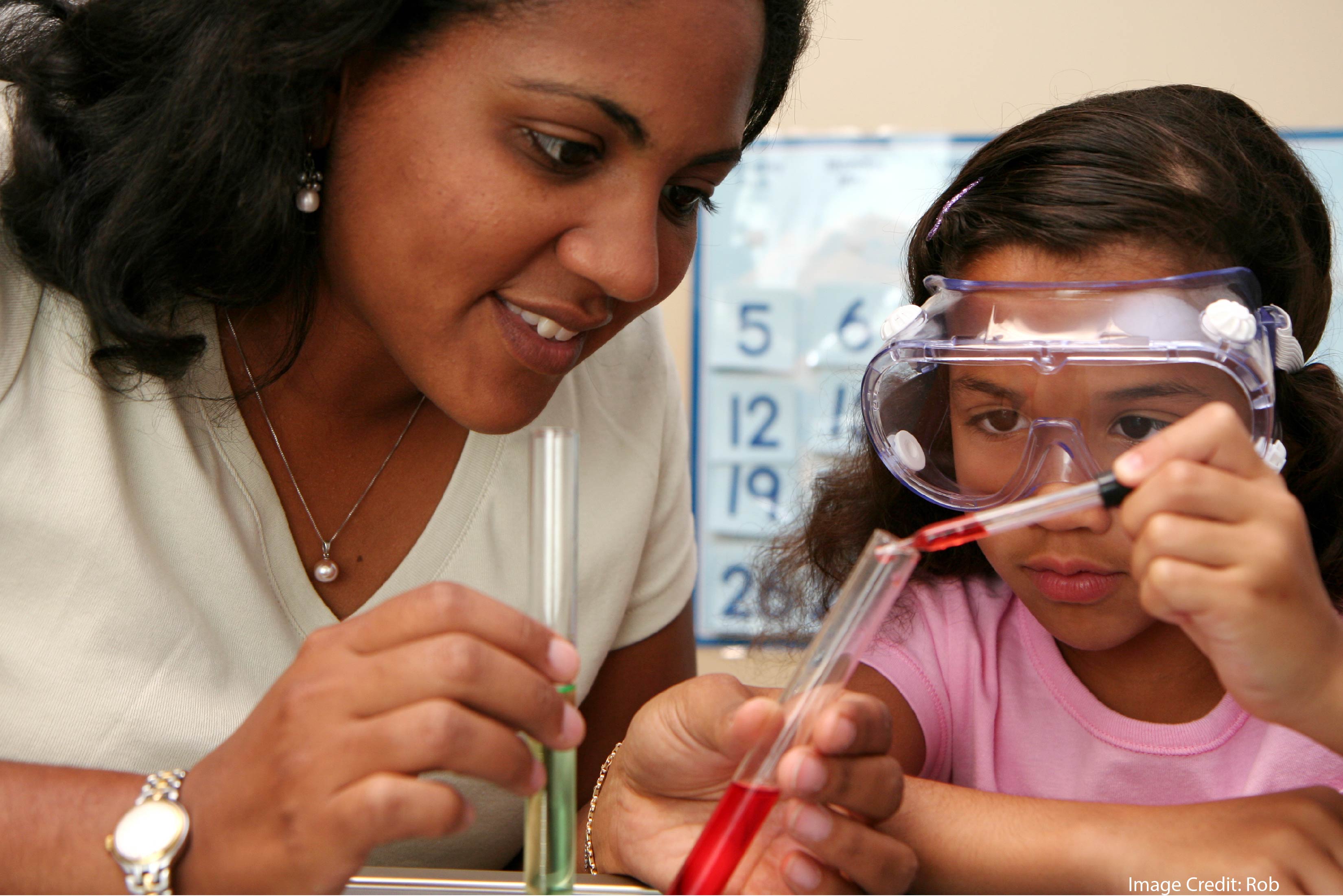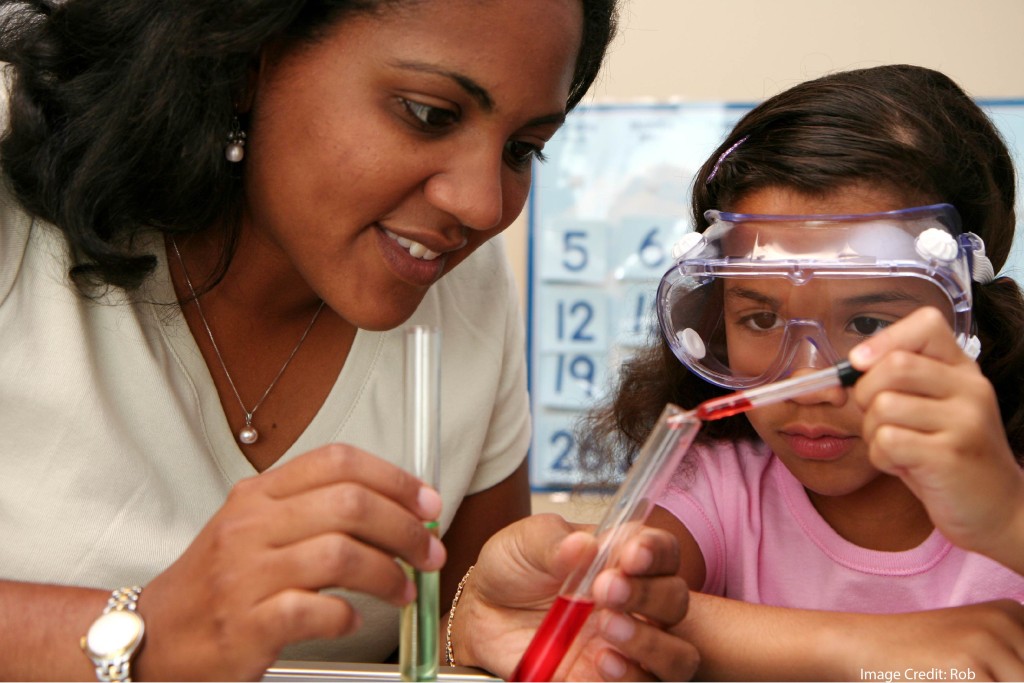
What’s the best way to study complex material?
Working with Charles Atwood at the University of Utah, Brock Casselman tried an idea:
He had students in a general chemistry class do weekly online problems and practice tests; after completing that work, the students received detailed feedback.
In addition to this online practice, half of the students also predicted their scores before they took the tests; they then made study plans after they received the feedback.
Did this additional work help?
Indeed it did. On average, it raised grades on the final exam by 4%.
Even more impressively, those in the bottom quartile of the class raised their exam grade by 10%.
Especially for those who struggled with the material, making predictions and updating study plans boosted learning.
Reasons to Celebrate; Reasons to Pause
Of course, this research is quite helpful in giving us specific teaching advice. The more we can encourage our students to stop and predict their success, the more we can prompt them to make thoughtful study plans, the more that they’re likely to learn.
So far, so good.
However, I do see two reasons to add a note of caution.
First, this study was done in a difficult college class; according to this interview, only 2/3 of the students who take the class ever pass it.
A study technique that helps in such a difficult class might be beneficial to students in less rigorous classes…but, we can’t be sure based on this research.
Second, I do worry about the broad vocabulary used to describe this study technique: “metacognition.”
No doubt you’ve heard of metacognition: it means “thinking about thinking.” When I stop and ask myself, “now, why did I get that problem wrong? What patterns do I notice with other mistakes I made?” I’ve engaged in metacognition.
Here’s the potential danger. While it is true that Casselman’s particular set of metacognitive strategies helped these students, that doesn’t mean that ALL metacognitive strategies will help ALL students.
For instance, you might read that “using context clues” is a metcognitive strategy. It certainly is. And, of course, using context clues might well help students to important discoveries.
However: that’s not the metacognitive strategy that was used in this case. So, this study doesn’t show that using context clues would help students in this chemistry class.
Or that it would help your students.
Boundaries Matter
In a recent post, I encouraged teachers to look for boundary conditions. In other words: we’re interested in researchers’ general findings, but we want to be sure that they apply specifically to our students.
To do so, check out the “participants” section of the research you’re reading. If the students who participated in the research resemble your students, then you’re good to go. If not, use your own best judgment about the applicability of that research.
Equally important: be sure that the specific techniques described as “metacognition” are in fact the ones that you’re using. If not, you should look for more research to be sure you’re on the right track.
After all, my predictions about the benefits of metacognition might be correct–but if my results show that a particular metacognitive strategy didn’t work, I need to develop a new study plan.






